Did you know that most adults can benefit from making an estate plan? If you have children, a business, significant finances, complicated assets, or specific medical needs, then you, too, should probably make an estate plan sooner than later. But before you rush off to start making an estate plan, it pays to take time at first to create an estate planning checklist.
All estate plans are different, but most will include a combination of the following:
- Will or trust: A will is used to explain how your property will be distributed when you pass away, and it can also contain other instructions for your loved one to follow. Wills are the baseline for many estate plans. A trust, on the other hand, can set aside and protect assets to be distributed or managed when you pass away. Trusts are also quite common because they can help an estate avoid probate in certain conditions. Sometimes, an estate plan will contain a will and a trust.
- Inheritances: You will have to decide what to do with your property and assets as part of your estate plan. A beneficiary designation can be used to choose who inherits what. A will can contain these instructions. Important assets to keep in mind while making your estate plan are your real estate, bank accounts, 401(k) plans, automobiles, heirlooms, and other high-value pieces of property.
- Guardianships: Another part of your estate plan that requires some forethought is the guardianship designation. This documentation will describe who should get responsibility for your minor children or adult dependents when you pass away. For example, you can officially name a godparent who will raise your child in case something happens to you.
- Power of attorney: Durable powers of attorney (POA) allow you to name someone to take over your responsibilities if you become unable to handle them yourself, such as if you fall into a coma or become mentally incompetent due to age or an illness. There are many responsibilities you can name in a power of attorney, such as managing real estate and financial accounts or acting on your behalf in legal situations.
- Healthcare power of attorney: Specifically for questions of your medical care, a healthcare power of attorney names an agent or representative for those situations. The chosen agent will have to decide how to take care of your health when you can’t make those decisions yourself. You can also pre-decide what sort of medical treatments you would like to be made. For example, you can choose what lifesaving measures should be taken in a medical emergency.
- Letter of intent: You can add clarity and instructions to your estate plan with a letter of intent. This document can be used to further explain some decisions and instructions, which can help make certain that your will, trust, or power of attorney is not contested.
Don’t Forget the Documents
Of course, before you can get too far into your estate planning checklist, you also need to complete a list of documents necessary to understand what goes into your estate plan.
Documents and information that you will probably need to make your estate plan include:
- Complete medical history
- Bank accounts
- Life insurance
- Retirement accounts
- Deeds, liens, mortgage information, etc.
- Business information, if you own one
The list of documents you need to start your estate plan will probably be much more complicated than the estate planning checklist itself. Everyone will really need different documents compared to the next person. To figure out what you need, we highly recommend you work with a local estate planning attorney, like those you can find at Balk, Kirk & Holm in Iowa. Call (319) 220-0416 to speak with our team if you need our legal help.
